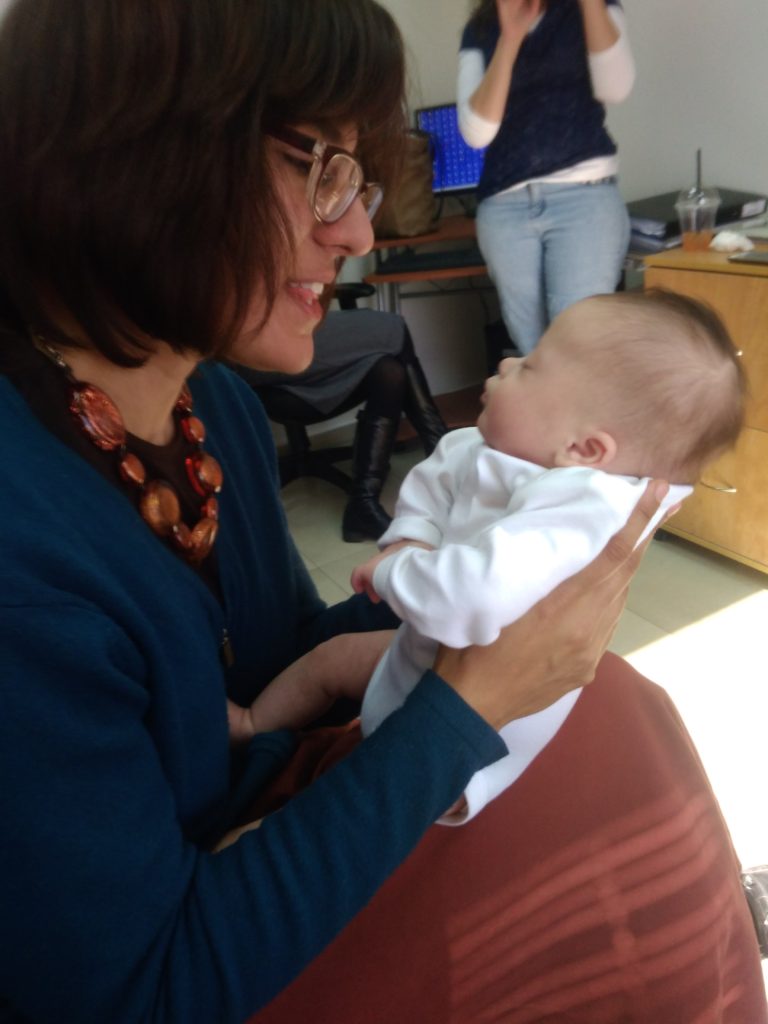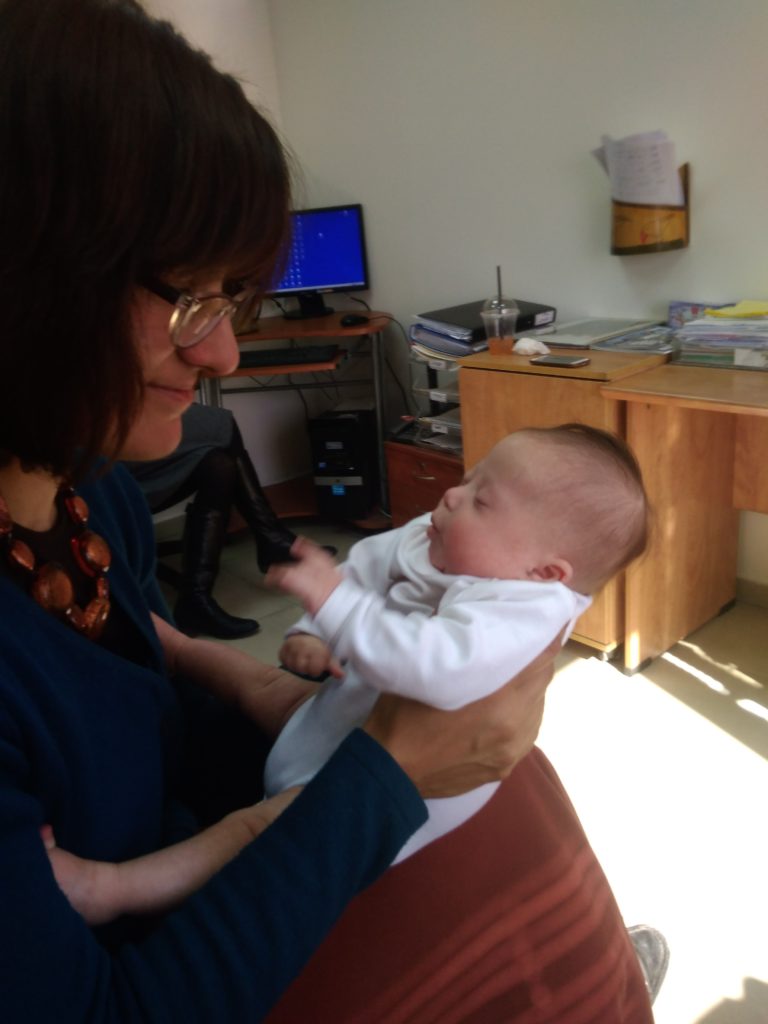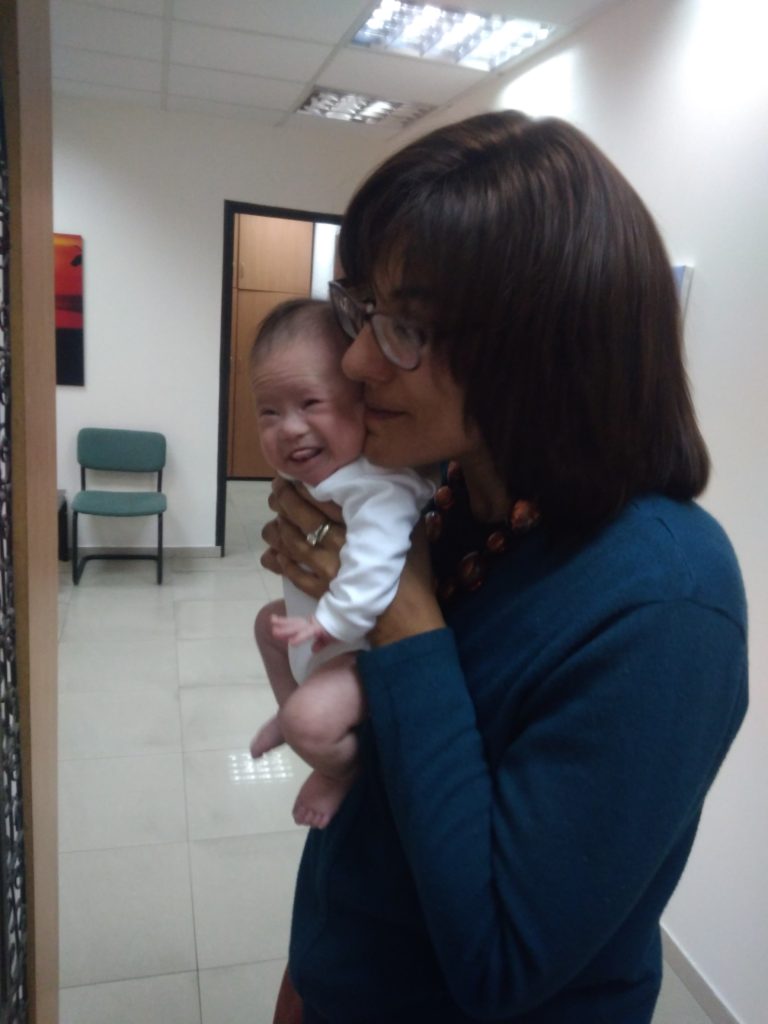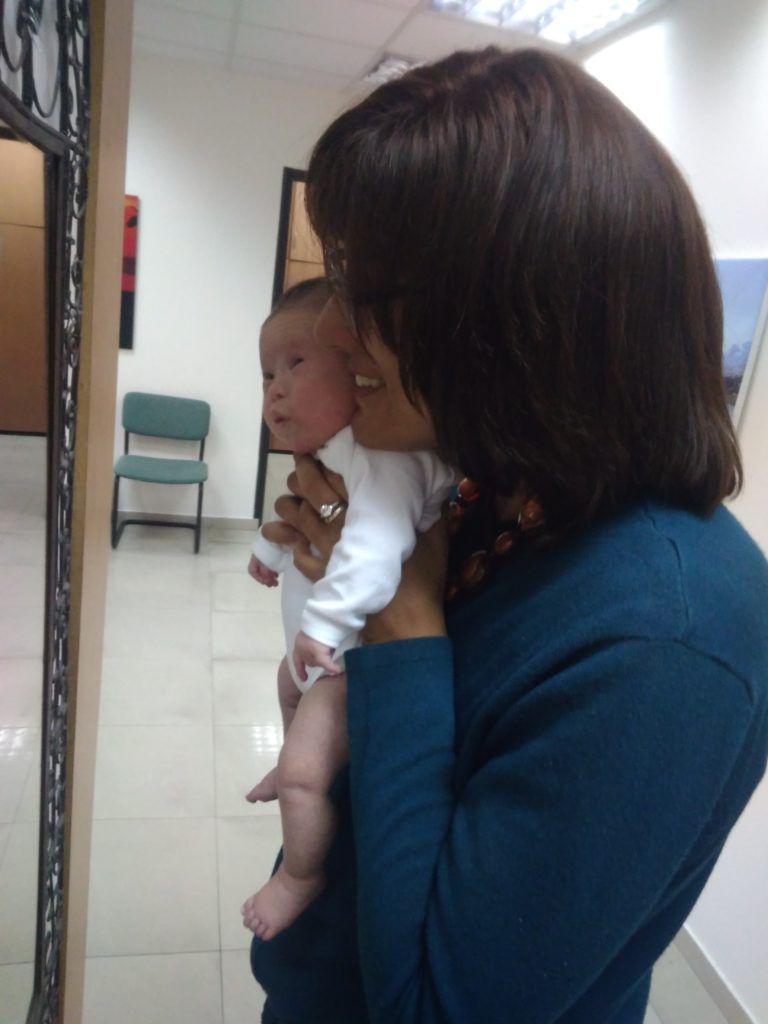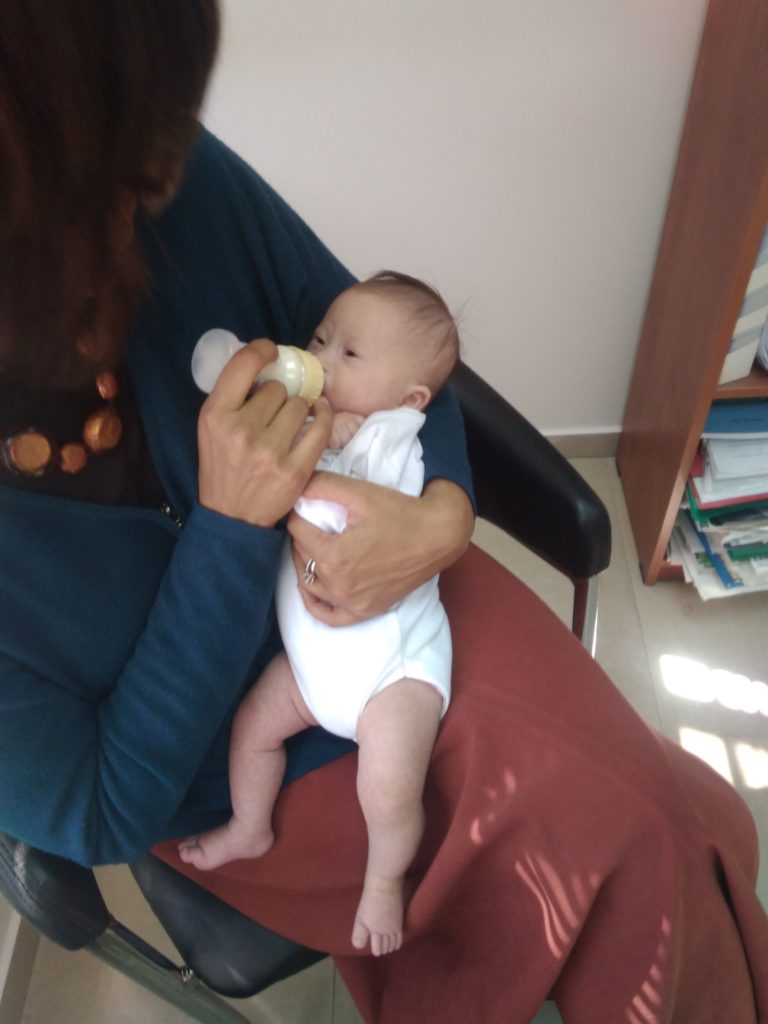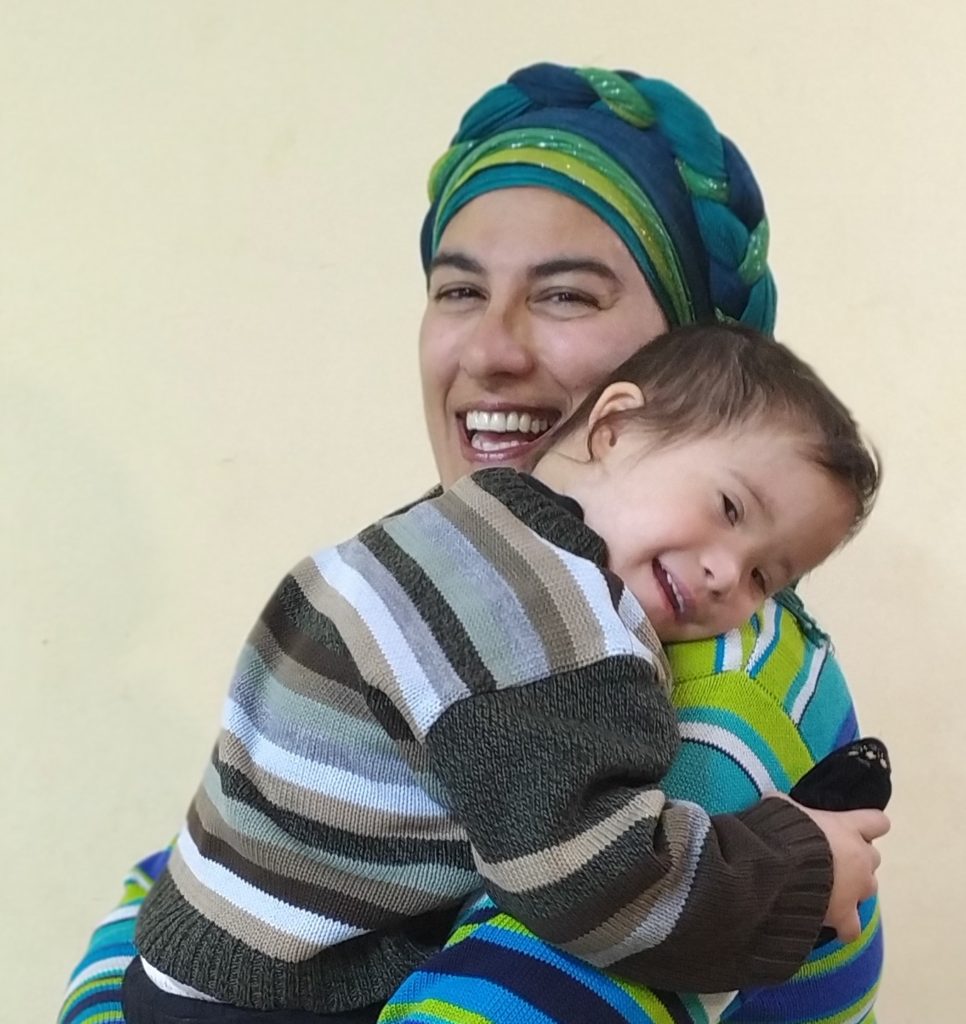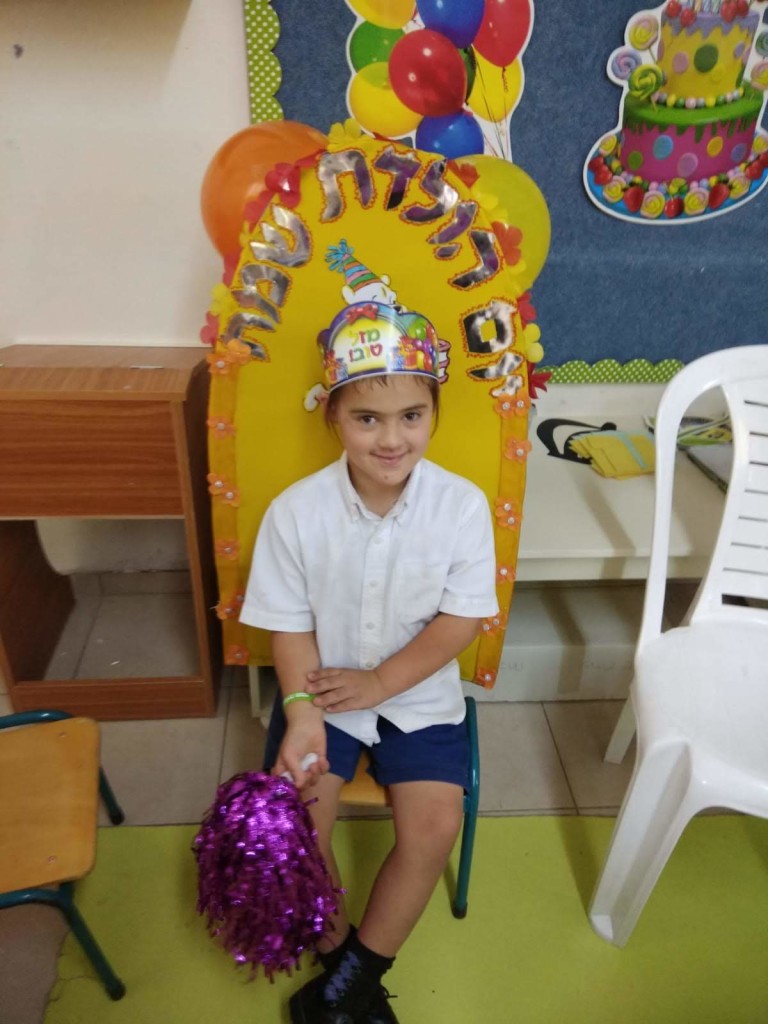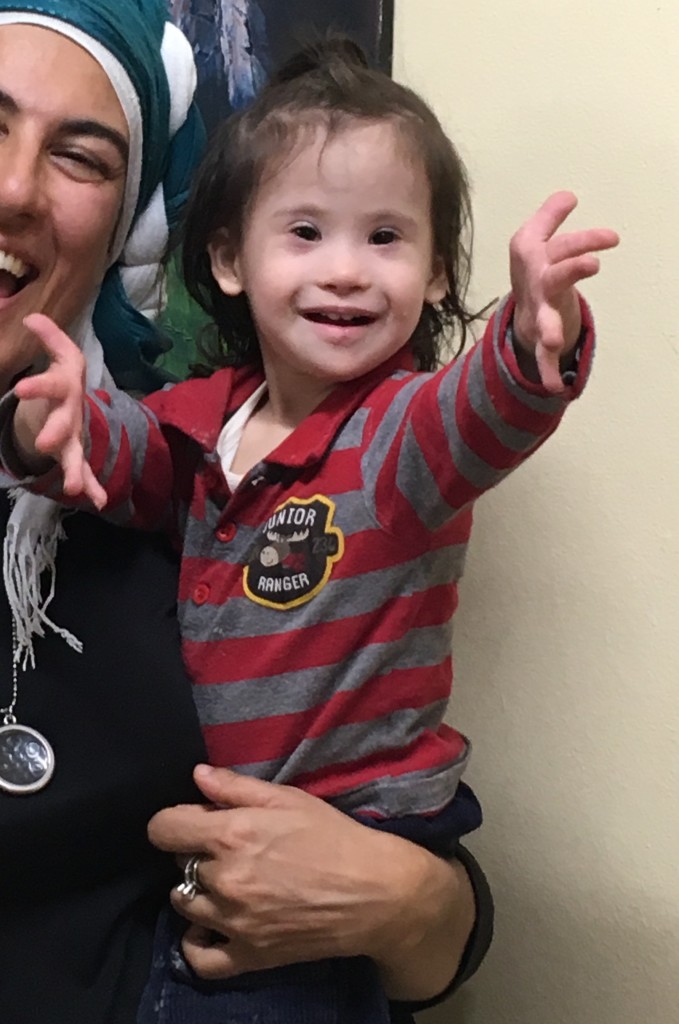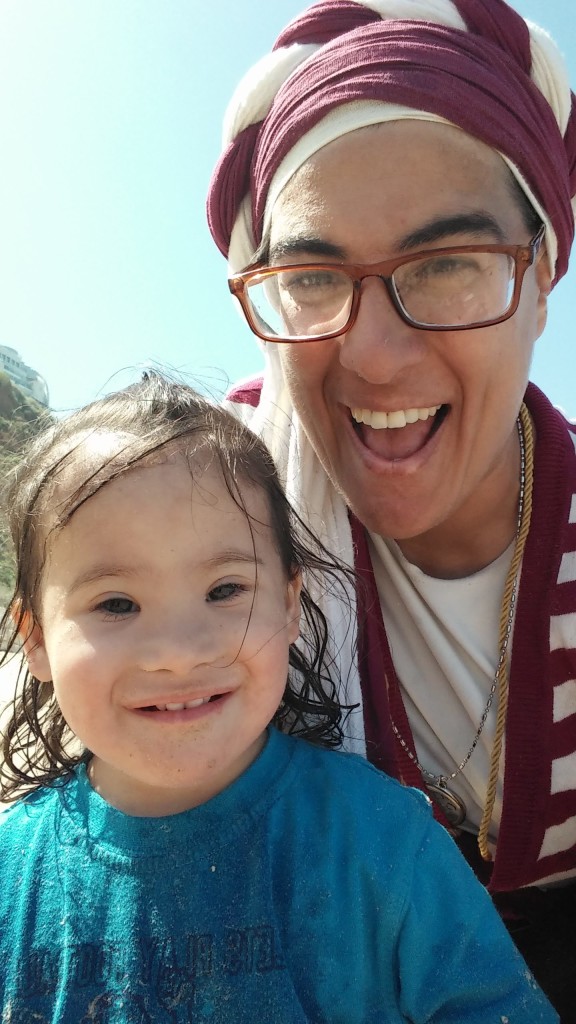Yesterday evening I went to pick up my husband and ten year old son, who were returning from a week long trip to the US.
A few minutes before getting there, the social worker called; I couldn’t answer since I was driving. I pulled up to the train station and waved hello to them, and as they put their suitcases in, she called again. I didn’t answer since I wanted to be present for our family members after not seeing them for a week.
She called a few minutes later – it was 7:30 pm and calling after work hours isn’t typical for her. Neither is calling three times in a row within ten minutes. By then, I was driving again, so my husband answered.
(As we’re going through all of this, I’m reminded of the situation with ds6 when we were waiting for his placement with us. I didn’t write about that in detail as the timeline unfolded, but it was constant up and down. I don’t think it’s like this every time there’s a placement to be made, though. Ds6 had a complicated legal status that still hasn’t been resolved and continues to create difficulties to this day, and that was the reason then for all the changes. )
Now, my husband didn’t yet know anything about what you know from reading my last post, since he was already traveling when I got that call saying the foster placement at our home was denied by the court, in favor of pursuing an adoptive home.
As a result, he was less surprised than I was by the brief conversation he had with the social worker. After he got off the phone, I had to quickly catch him up on what had been happening so he understood why I was taken aback.
Less than twenty four hours after the call relaying the court’s negative decision regarding placement with us, we got a completely different message. They now want the children placed with us very quickly, and time no longer allows for the transition plan that had been worked out, discussed and agreed upon. The intention was to allow us and the children to get to know one another over the course of five visits, and then the placement would take place. I thought that it seemed a healthy way to help them transition.
As soon as we got home, I called the social worker back to get a clearer idea of what was going on. Why the sudden change? I’m not being told details and it doesn’t really matter.
This morning she told me they could come as soon as tomorrow or Sunday, depending on whatever they’re deciding about later today. ‘Or maybe much longer?’ I asked her. ‘No, it won’t be much longer than that,’ she said. We’ll continue to wait and see – you can see just from what I’ve been sharing in the last few days (and there was a lot more in the last ten weeks) that there’s no promise of anything happening until it happens.
Even though the transition plan officially has been cancelled, I requested to visit them once before they move here. I’d like to minimize the trauma of them moving to a completely new place where they know no one, so they have at least a cursory acquaintance and some mental preparation. The social worker said that if they’re coming tomorrow there’s no time for that. I told her that even if they come tomorrow, I think it’s very, very important for them to meet me first. I’ll go anytime today or tonight to their city (about an hour’s drive away), whenever they say that I can. I’m waiting to hear if that will be allowed.
(I don’t think there’s technically any reason there would be a problem with me doing this, and they’d probably agree it’s a good idea. But there’s now so much urgency in this situation that I don’t think they have the time to take care of a little detail like this when there’s a lot going on behind the scenes legally.)
********************
My husband came home from his trip with a bunch of clothes I ordered for the twins, and today another local order arrived with more clothes I bought them. I knew I was taking a chance to buy clothes for children who weren’t yet placed here, but I don’t like to leave things until the last minute. Especially at a time when all of our emotional and physical energy would be needed to facilitate their entry into our family, I didn’t want to be worrying about clothing shopping. After the call regarding the negative placement decision it looked like there would be a lot of unused clothing around.
With this sudden change in plans, it’s nice to know that I have wardrobes ready for them (as well as other things I prepared, I’ll try to share about that if time allows) without having to rush out and go shopping. I appreciate not feeling stressed or pressured about the possibility of them coming tomorrow.
******************
We have three bedrooms on the main floor of our home, and three on the second floor. We’re going to move our teens to a room upstairs, then ds10 and ds6 will move into the room they vacate. That will free up a room for the twins on the main floor – I won’t put young children upstairs, far from us.
I haven’t yet spoken to the younger boys about the possibility of these children coming (I wouldn’t tell them something that I didn’t know was going to happen), but several weeks ago I did place the seed about moving to the big boys room, telling them it’s because they’re getting big. They were excited about that.
I’d like to have as much time for our younger boys to get used to being in a new room before someone else comes along and sleeps in their old room – I don’t want them to feel dispossessed – if I knew this was definitely happening, I would have switched them sooner. We’ll be moving everything around today, and last night I told ds10 he’ll be sleeping in his new room tonight, so I’m not springing that as a last minute surprise.
******************
As I was about to finish writing this, I got another call from the social worker. The case has gone back to court and is under discussion this very minute. She said the likelihood they will be brought directly to our home today from kindergarten is high; at the very latest they’ll be here on Sunday. She apologized that she won’t be here for the drop off since she has other plans for the next two days that can’t be changed. That means the social worker who comes will be someone who hardly knows us or our family.
It’s 1:40 pm as I write; they finish school at 3 pm (or is it 4pm?, the social worker isn’t sure), and it’s an hour drive from there. That’s not a lot of notice.
I just told my husband and he started laughing. My thirteen year old exclaimed on the suddenness, remarking how yesterday we didn’t even think they were coming at all!
I’m looking around my living room at the luggage from my husband’s trip waiting to be put away, thinking of the bedroom that has only begun to be switched around in preparation for their arrival, picturing social workers suddenly descending on us in three hours with two children who had no warning this would happen, my jetlagged husband and son…
It’s good we’re a flexible family.
Time to take a deep breath to restore my nice relaxed feeling of a few minutes ago. And I’m going to put some the luggage away right now; I find taking action is a good counter to being busy in my thoughts.
We’ll see when they actually get here. Now the idea of them coming on Sunday seems like loads of time to prepare!
Avivah
